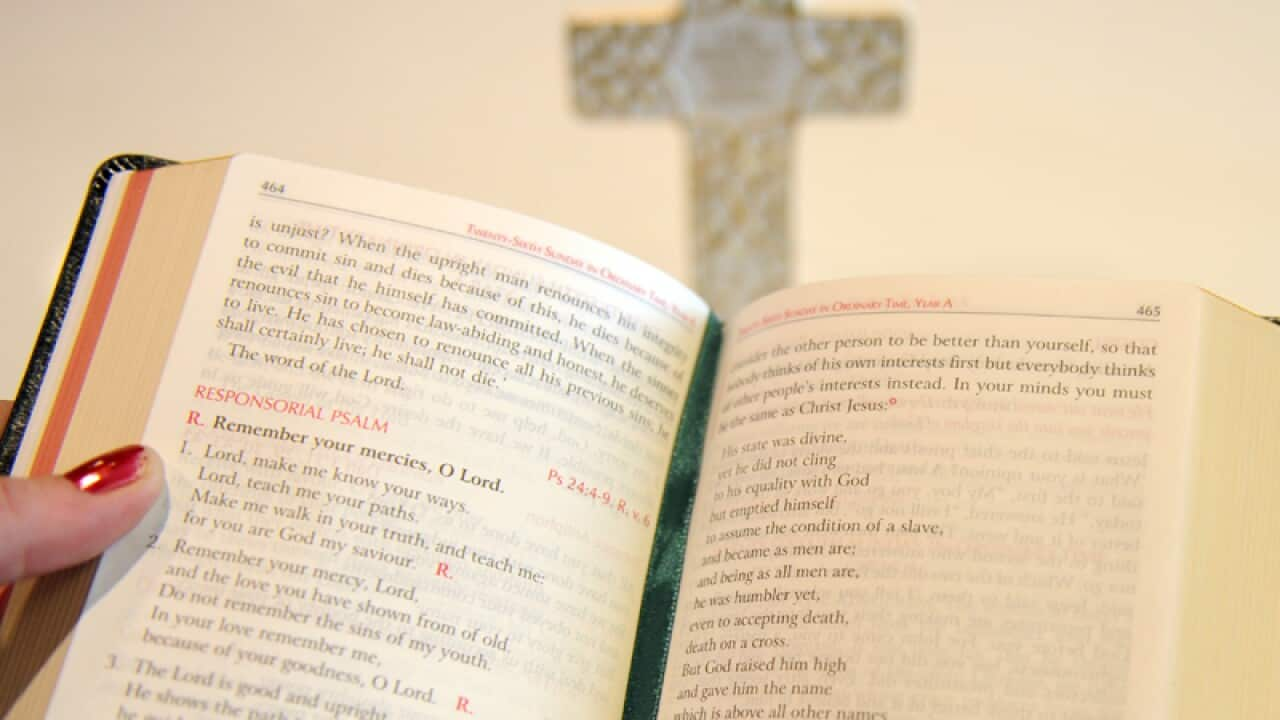The federal government is inviting states and territories to opt-in to a new arrangement, where they'll receive federal funding but run the program themselves.
Prime Minister Tony Abbott says the program is worth protecting.
The federal government has promised up to $243 million to each state to ensure its controversial school chaplaincy program continues.
This is despite a High Court decision in June which ruled that the commonwealth had no executive power to fund the national program, limiting its ability to administer and directly fund it.
'From my experience this is a very very, crucial service'
While not all states have agreed to accept the funding or the conditions on it, Western Australia's Education Minister Peter Collier has told the ABC his state will accept both.
"I'm just pleased that the Federal Government has continued, their commitment to fund it and we will cooperate wherever possible to ensure that the chaplaincy program continues to be provided in Western Australian schools,” he said.
The program was introduced by the former Howard Government in October 2006 and provided financial assistance to schools to provide chaplaincy services.
But in June of this year, the High Court unanimously ruled that the laws designed to give a legal basis for the chaplaincy funding are invalid.
It was the second challenge to the program brought by Queensland father Ron Williams, who believes there's no place in secular public schools for religious programs.
'Chaplains are not the the only people who can counsel young people'
And it's a view shared by Melbourne mother of two, Jenni Lans.
"Chaplains are not the the only people who can counsel young people and in fact I would argue that they are not qualified at all,” she said.
“I mean what is the point of it? No one has given us a reasonable explanation."
The National School Chaplaincy Association represents some Christian churches.
It says chaplains provide guidance on human relationships and provide support for students and staff in cases of bereavement, family breakdown and other crisis and loss situations.
It also asserts that chaplains can provide students of any faith with guidance in exploring religious or spiritual matters.
Keyser Trad from the Islamic Friendship Association also agrees that chaplains are an important part of faith-based schools, but he doesn't see why the school system should be denied the benefits of chaplains from other faiths.
"Their role is not always a religious role,” he said.
“It's more a counselling role. And the ones that I've been involved with have always had to do a certain course to learn all about the various counselling referral systems that are in place, most of which are secular systems that they need to learn about.
“So from my experience this is a very very, crucial service and a crucial role for young people."

